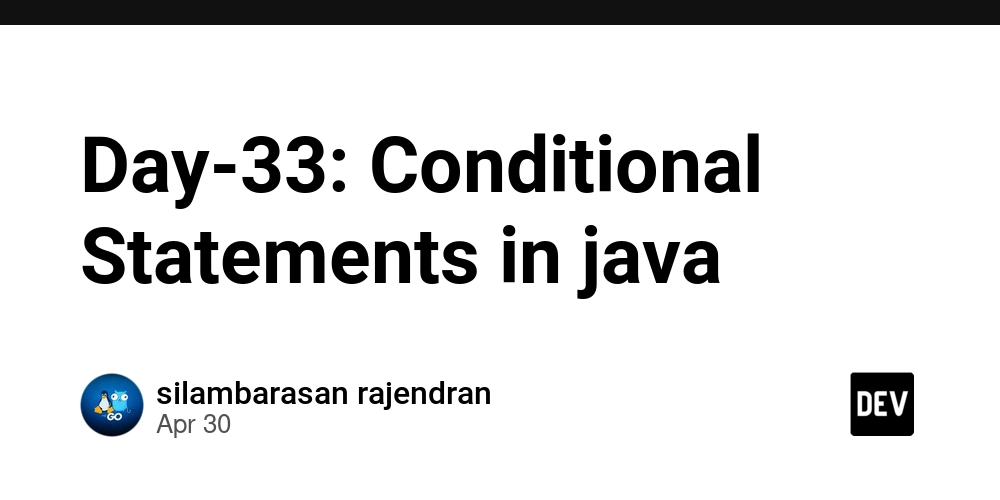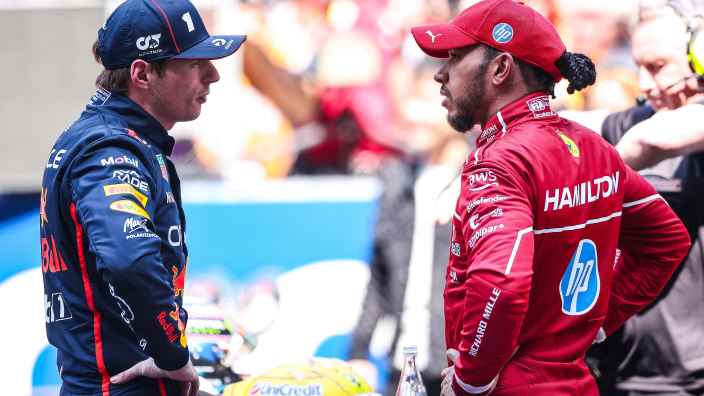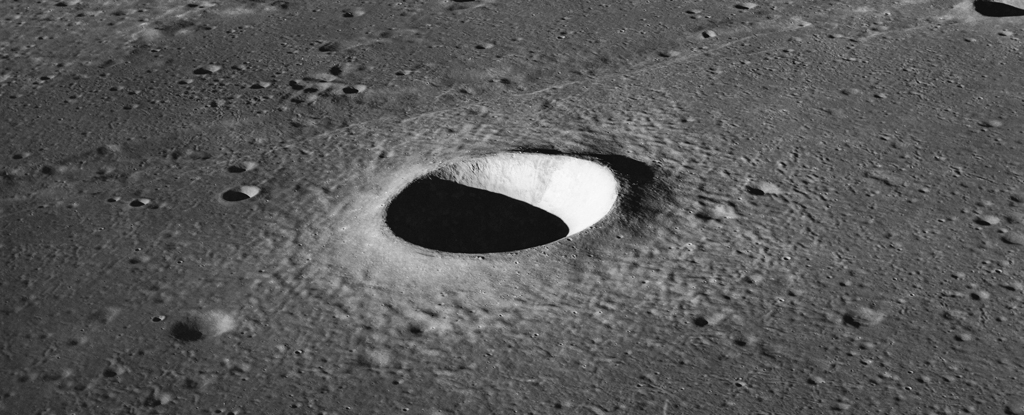Trump’s ‘reverse Nixon’ gambit with Russia is more like a reverse-Reagan
President Trump's erratic, on-again-off-again tariff decisions and his reversals on policy and personnel have not inspired confidence in allies or enemies that America has a clear-thinking, resolute and competent leader.

Some foreign policy observers defend President Trump’s concessionary approach to Russia in its war in Ukraine as a “reverse Nixon.” They claim to see geostrategic purpose in the president's shameful aligning with Vladimir Putin despite his flagrant aggression and rampant war crimes. Trump’s supposed aim is to entice Russia away from its “no-limits strategic partnership” with China.
The unspoken premise of the rationale is that the China engagement policy launched by Richard Nixon and Henry Kissinger was good for U.S. national security and for world peace. But history has shown that it was hardly an unvarnished success story for either. On the contrary, the four-decade accommodationist China policy that it spawned may be the most serious foreign policy blunder in U.S. history — with potentially the worst consequences yet to unfold as China increasingly threatens war over Taiwan, the Philippines, and others in the region.
Years later, Nixon himself expressed regret at what he and Kissinger had wrought with their opening to China, saying “We may have created a Frankenstein.” Of course, Nixon did not create Mao Zedong, the greatest mass murderer in history, who exceeded Hitler’s crimes by orders of magnitude. But he did provide international legitimacy to Mao’s regime and opened the door to the massive transfer of Western wealth, technology and diplomatic prestige to the implacably hostile Chinese Communist Party.
Similarly, Trump did not create the criminal monster that is Putin, the former KGB officer who has called the dissolution of the Soviet Union “the greatest geopolitical tragedy of the 20th century.” His intermittent wars against Chechnya from 1994 to 2009 were waged to prevent further breakaways by Russian dissidents, and his invasions of Georgia in 2008 and Ukraine in 2014 and 2022 were intended to reconstitute parts of Joseph Stalin’s Soviet Empire. But Trump’s unabashed fawning over Putin’s authoritarian “genius” is clearly intended to do for Putin what Nixon, and especially Kissinger, did for Mao’s communist regime: welcome it back into “the family of nations” after universal condemnation and isolation.
Even so, the effect of Trump's management of the Russia-China-U.S. geostrategic triangle is accomplishing not a reverse-Nixon strategy but, inadvertently, a reverse-Reagan.
President Ronald Reagan showed that “peace through strength” is not limited to the wielding of military capabilities but also depends critically on the demonstration of steadfastness and will — even in a domestic context. During a federal labor dispute in 1981, just months after Reagan taking office, America’s air traffic controllers went on strike. Reagan said the illegal walkout endangered the flying public and ordered the controllers back to work within 48 hours, warning they would lose their jobs if they refused. Since the union had broken with organized labor and endorsed Reagan’s candidacy in 1980, it saw little risk in calling the neophyte president’s bluff.
Despite a similar scenario having played out in the first Nixon administration with Transportation Secretary John Volpe (I served as his special assistant), the striking controllers defied Reagan, and he fired more than 11,000 of them en masse.
World leaders had been watching America’s labor confrontation as the first real test of the new president. Reagan's political courage, clear communications and moral determination “made a strong impression on foreign adversaries,” according to Andrew E. Busch, author of “Reagan’s Victory and Truman’s Triumphs.” His resolute handling of what had been a purely domestic crisis established his persona as an American leader whose crisis management and decisiveness was not to be trifled with.
The contrast between Reagan’s performance in the air traffic controllers’ strike and Trump’s first 100 days managing trade, government reorganization and other domestic issues is stark. His erratic, on-again-off-again tariff decisions and his reversals on policy and personnel have not inspired confidence in allies or enemies that America has a clear-thinking, resolute and competent leader who has his country’s — or even the West’s — best interests at heart.
Even if one were to accept that Trump’s obeisance to Putin on Ukraine is calculated to shift Russia’s allegiance from China to the U.S., the way Trump is going about it is more likely to win Putin’s contempt than his respect. Bullying a relatively defenseless victim may assure Moscow that adherence to international law is not a high priority for Trump — a perception reinforced by his aggressive intentions toward Panama, Greenland, and Canada — but it does not convey an image of steadiness or reliability, such as that offered by Xi Jinping. Facing a choice between a would-be dictator and the real thing, Putin is likely to stick with his own kind.
Trump is pursuing a geopolitical dead end on Ukraine because of his illusions about Putin; it is long past time for a reset of his policy. He will accomplish more on his China containment quest if he first sets Putin back on his heels by abruptly reversing directions on Ukraine. Trump should demand that Russian forces withdraw entirely, as well as return all prisoners of war, Ukrainian children and other civilians, or he will dramatically increase U.S. weapons and intelligence support for Ukraine and encourage its membership in NATO. That will finally put Trump on the right side of history — and morality.
Joseph Bosco served as China country director for the secretary of Defense from 2005 to 2006 and as Asia-Pacific director of humanitarian assistance and disaster relief from 2009 to 2010. He is a nonresident fellow at the Institute for Corean-American Studies, a member of the advisory board of the Global Taiwan Institute and member of the advisory board of the Vandenberg Coalition.









































































